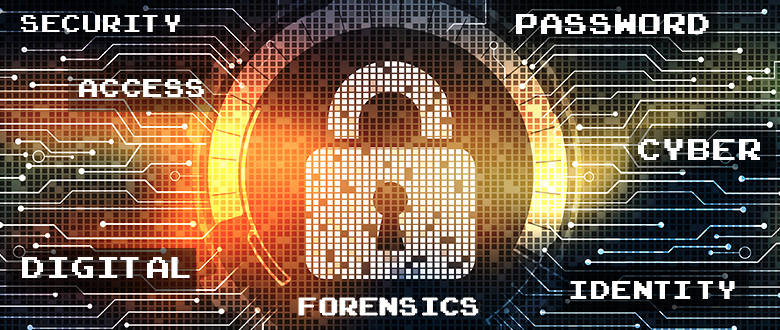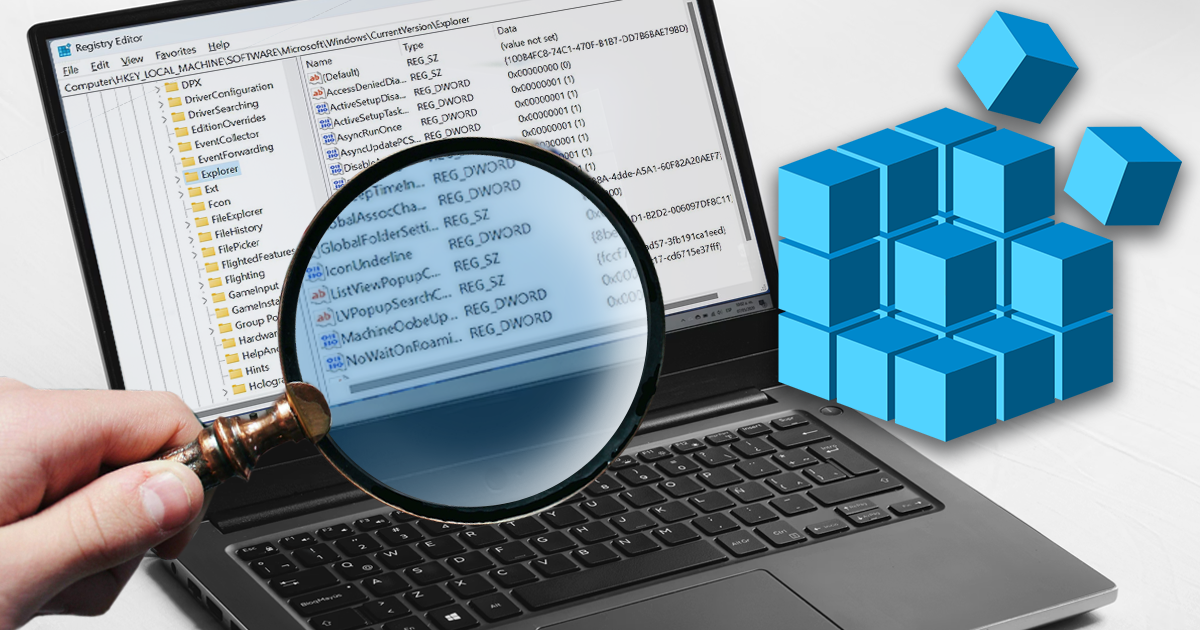For us, this year has been extremely replete with all sorts of developments in desktop, mobile and cloud forensics. We are proud with our achievements and want to share with you. Let’s have a quick look at what we’ve achieved in the year 2019.
We have recently updated Elcomsoft iOS Forensic Toolkit, adding the ability to acquire the file system from a wide range of iOS devices. The supported devices include models ranging from the iPhone 5s through the iPhone X regardless of the iOS version; more on that in iOS Device Acquisition with checkra1n Jailbreak. In today’s update (for both Windows and macOS platforms as usual), we’ve added the ability to extract select keychain records in the BFU (Before First Unlock) mode. We have a few other changes and some tips on extracting locked and disabled devices.
The past two years introduced a number of challenges forensic experts have never faced before. In 2018, Apple made it more difficult for the police to safely transport a seized iPhone to the lab by locking the USB port with USB restricted mode, making data preservation a challenge. The release of the A12 platform, also in 2018, made it difficult to unlock iOS devices protected with an unknown password, while this year’s release of iOS 13 rendered unlock boxes useless on iPhones based on the two most recent platforms.
Skype synchronizes chats, text messages and files sent and received with the Microsoft Account backend. Accessing Skype conversation histories by performing a forensic analysis of the user’s Microsoft Account is often the fastest and easiest way to obtain valuable evidence. Learn how to use Elcomsoft Phone Breaker to quickly extract the complete conversation histories along with attachments and metadata from the user’s Microsoft Account.


